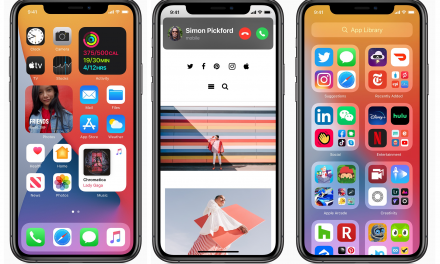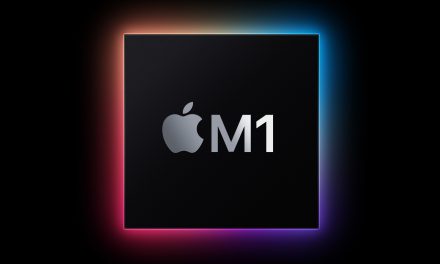On average, Brits spend 6.5 hours a day scrolling on their smartphones, around four times longer than they do watching TV.
With people spending more and more time on their phones, Kirsty Leah, Wellbeing Psychologist and Coach and Mobiles.co.uk reveal the simple steps you can take to ensure a healthy relationship with your smartphone.
App Prioritisation
In 2021, the use of apps to support mental wellbeing increased by 86%, with over 21,000 apps available relating to the topic.
Apps such as Calm, Headspace and Openfit are a great way to incorporate mindfulness into your phone use, and encourage the daily use of exercise, meditation and other personal time to promote positive mental wellbeing, including the reduction of stress and anxiety.
Kirsty commented: “Find ways to prioritise apps such as Calm and Headspace by making them a part of your daily routine, such as a ten-minute meditation every morning, or try making a promise to yourself that before accessing any social media, you’ll complete a Calm or Headspace meditation first.”
Self Help Content
Our phones are an excellent tool for consuming content and gaining knowledge about new and challenging topics. Perfect for those on a busy schedule, or those that dislike reading, audiobooks and podcasts come in a range of topics including lifestyle, comedy, science and self-help.
As of 2021, over 19.1 million people in the UK were listening to podcasts, increasing to almost 3 million from the year before. Meanwhile, sales revenue of audiobook downloads reached £151 million in the same year. Specifically, podcasts and audiobooks are an easy way to add extracurricular learning into your day, alongside your regular activities such as cooking or cleaning.
Kirsty commented: “Spotify and Apple Podcasts host hundreds of self-care and personal growth and wellbeing podcasts, whilst YouTube also offers meditations and even reviews of wellbeing products and routines that you might be interested in trying or that might motivate you.
“Try listening to a podcast or audiobook whilst on a walk, in the gym, or on your daily commute rather than music for a week and take note of any differences in your thoughts and outlook on life.”
Music and Memories
Listening to music has been scientifically proven to have a positive effect on people’s mood and emotional wellbeing, affecting brain chemicals that are linked to happiness such as dopamine.
With apps such as Spotify and Apple Music, you can create various playlists of your favourite music, either by genre, artist or even the mood that it makes you feel. Make the most of everyday activities by blasting your carefully curated playlists, while walking to work, driving, cooking and exercising.
Why not take it even further and create photo albums on the phone of your favourite memories, to look at when you are feeling low?
Kirsty commented: “Spend time taking pictures of things that are meaningful to you. It may be a pet, your food, a family member, or something you spotted whilst out on a walk. Then, spend some time each evening or once a week reviewing these images and, where possible, share and discuss them with someone.”
Keep connected
Social media is great for keeping up with the latest news, celebrities and trends, but it’s worth remembering that it was originally designed to help maintain regular contact with relatives and close friends.
Tik Tok, Instagram, Facebook and Twitter are all great for keeping in contact with those close to you. Social media, when used thoughtfully, can be a great tool for maintaining healthy relationships. Maintaining positive connections whether they are digital, or in-person can encourage more of a positive mindset.
Kirsty commented: “Utilising functions with video chat where possible can be a helpful way to boost face-to-face contact, as well as leaving meaningful comments or sending thoughtful messages from a place of authenticity to build connectedness even when apart.”
A tool for organisation
Apps and tools that can be found on smartphones are advantageous in the organisation of both everyday life and in the workplace. Creating to-do lists, reminders, and calendar invites can help you maintain a more organised life.
Kirsty commented: “If you’re prone to double-booking yourself, forgetting your dentist appointment, or knowing that you have ‘something’ scheduled for a week on Wednesday, but you just can’t remember what, you can optimise your phone for elevated levels of order and structure.
“Syncing your phone with your Google calendar is an effective and free method to also organise your time. Whilst on your laptop, you can use Google calendar to time-block your days, and your phone will remind you when different tasks are about to begin.”
Kyle Wilson at Mobiles.co.uk commented: “When we manage our phone habits in a meaningful way, they can be a powerful tool that brings joy and enrichment into our lives. Correct organisation of apps and a thoughtful approach to screen time are key factors in using our mobile phones as a tool for education and relaxation.”
To learn more about the best apps for practising and maintaining mindfulness visit Mobiles.co.uk.










Recent Comments